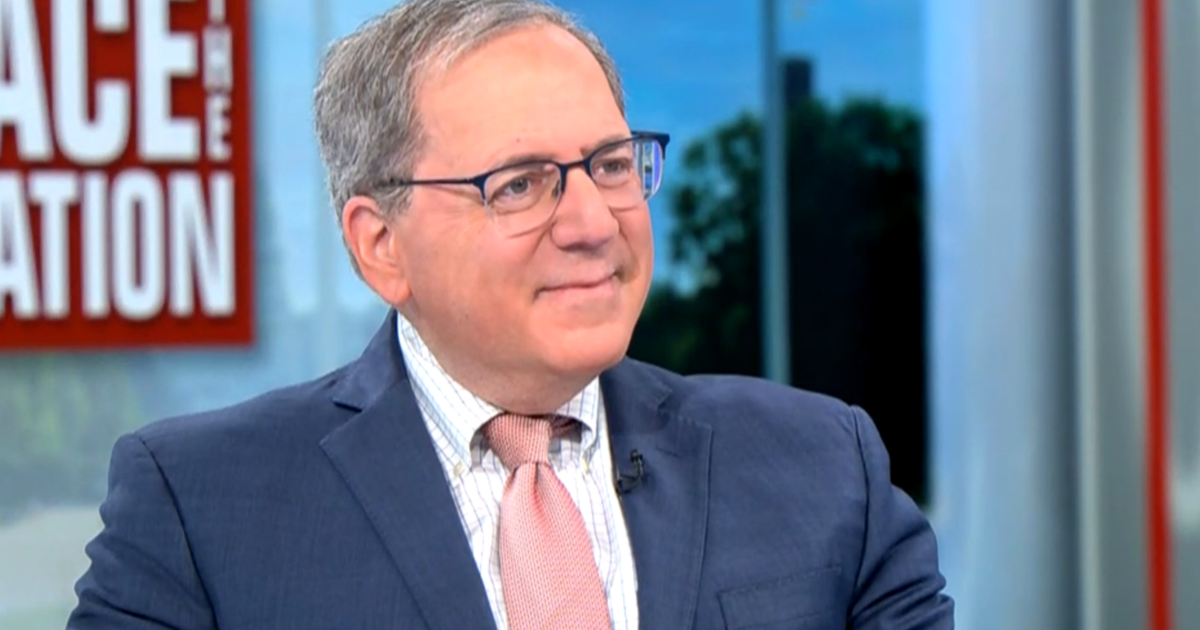Your brain on alcohol, and more science fodder for New Year's revelers
Ever wonder what happens inside your brain when you’re toasting in the New Year? Or perhaps it’s a question you’re more likely to ponder the day after, as you nurse a headache and try to keep your cookies down.
A new video from Reaction, the YouTube channel of the American Chemical Society, helps explain what’s happening when you drink, why you get drunk, even why you take more frequent bathroom breaks.
“No matter what your poison is, booze all contains the same molecule that messes with your mind — ethanol,” the video says.
Ethanol slows your brain down by binding to two kinds of receptors, one that helps fire messages in your brain and the other that, when blocked, can make you feel sleepy and interfere with your memory. At the same time, it prompts your brain to release hormonal stimulants that can lessen inhibitions and even pump you up, raising your heart rate, supplying more oxygen to your brain and opening up your senses to sounds and light, the chemists explain.
Your brain also releases “everybody’s favorite feel-good chemical, dopamine.”
If you’re nursing foggy day-after-the-party memories of a lampshade on your head or a karaoke performance of Lionel Richie’s “Hello” that seemed fabulous at the time, that’s the ethanol again.
The more you drink, the more the ethanol from alcoholic beverages “gums up pathways that keep your brain from getting the energy it needs to operate at full speed. This impairs your thought processes,” the video goes on to explain. Too much ethanol is also what leads to dangerous blackouts.
Ethanol also blocks your brain’s antidiuretic cues, which control how often you go to the bathroom.
“After that drink crosses the blood brain barrier, the functions that keep you alive — like pumping blood through your body, breathing and body temperature — go haywire,” the video says.
That may help explain why, for example, emergency room doctors tell CBS News it’s not uncommon during the cold winter months for someone who’s been drinking heavily to be brought into the ER with frostbite after passing out in freezing temperatures.
To lessen alcohol’s effects, eat a meal before drinking. On an empty stomach, it can take under a minute for ethanol to travel through the bloodstream and reach your brain, according to the American Chemical Society. Fatty food and sugary foods and beverages can also help slow alcohol’s absorption in the brain, although some research suggests that only makes a slight difference in the severity of a hangover.
Drink in moderation and alternate alcoholic beverages with water, experts advise. And before you dive into party mode, have a plan to avoid driving.
Dr. Robert Glatter, an emergency room physician at Lenox Hill Hospital in New York City and a spokesperson for the American College of Emergency Physicians, said some types of alcohol might lead to worse day-after symptoms than others.
Stay away from bourbon and whiskey, he said. “Dark spirits increase your risk of a hangover. Vodka and gin are safer,” Glatter told CBS News.
If you do find yourself suffering from a hangover — the result of a build-up of acetylaldehyde in the brain — over-the-counter non-steroidal anti-inflammatory (NSAID) medicines, such as ibuprofen, and staying well hydrated can help, he said.
“But there are still no clinically or scientifically proven ways to actually prevent the development of a hangover after decades of research,” Glatter said.
Some research suggests prickly pear cactus decreases the risk for a severe hangover, but an extract of the plant didn’t reduce overall symptoms. The study was also sponsored by a manufacturer.
Nanotechnology studies in mice suggest some promising new approaches for helping hangovers in the future, said Glatter.
One UCLA chemical engineer, Yunfeng Lu, has come up with an enzyme capsule that helped speed the elimination of alcohol from the livers of intoxicated mice. The research was published in Nature Nanotechnology.
“The work is in mice, but fascinating. It’s probably the most effective way to neutralize the bad products of alcohol metabolism at the source — the liver,” said Glatter.
But any use in humans is still a long way off. For now, simply not drinking too much in the first place is the best advice science can offer.



